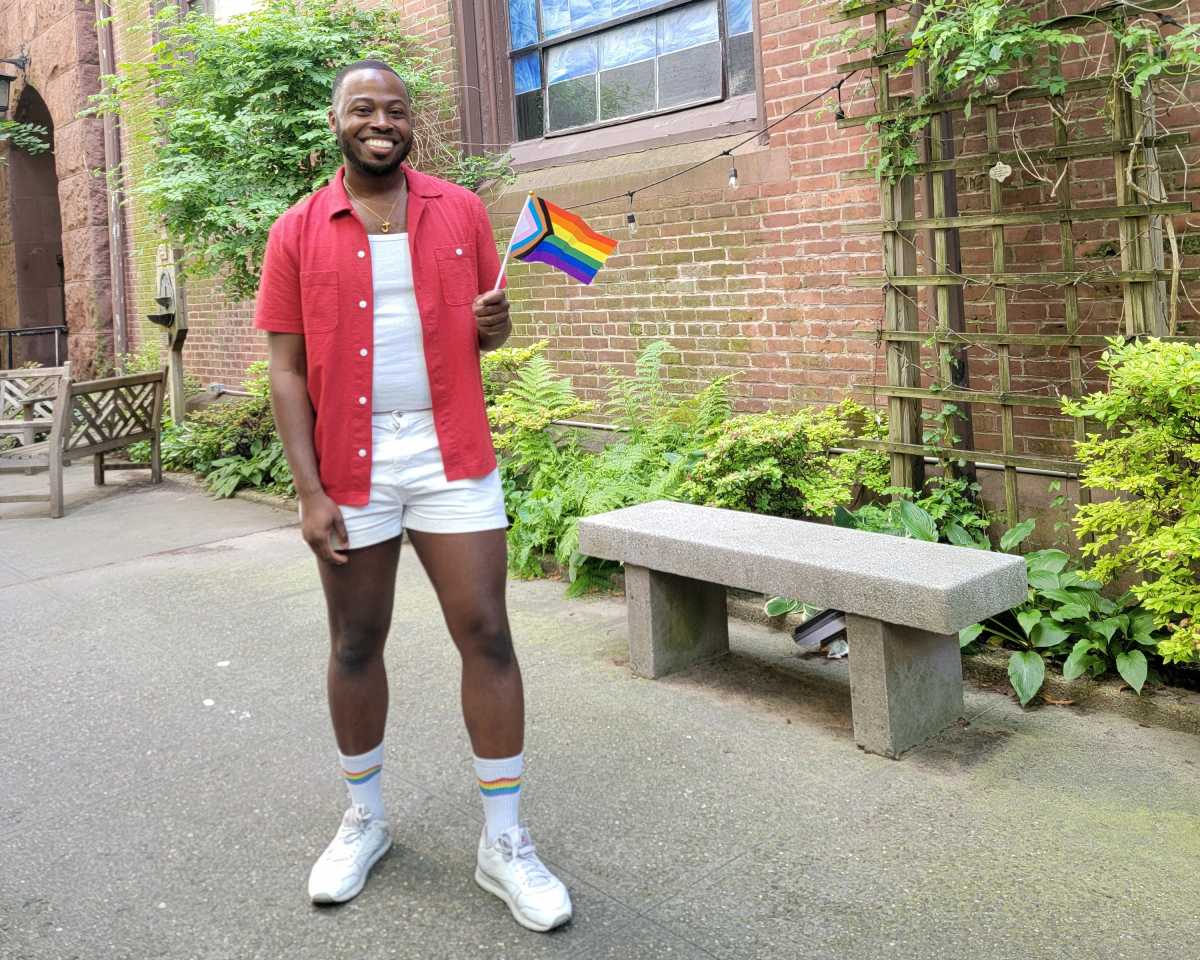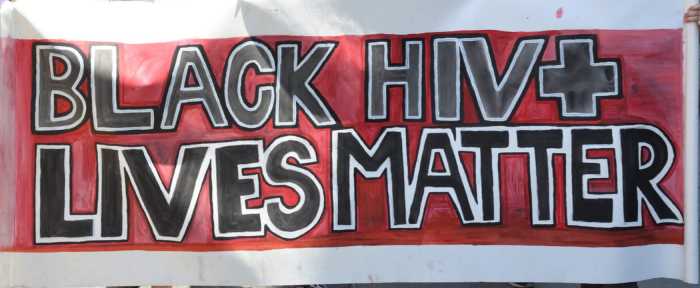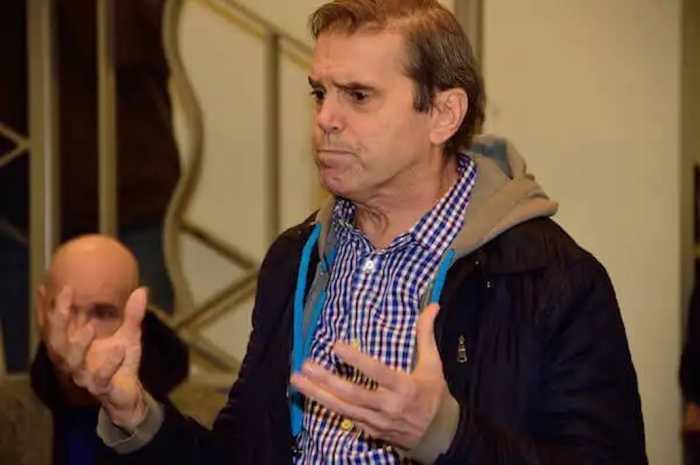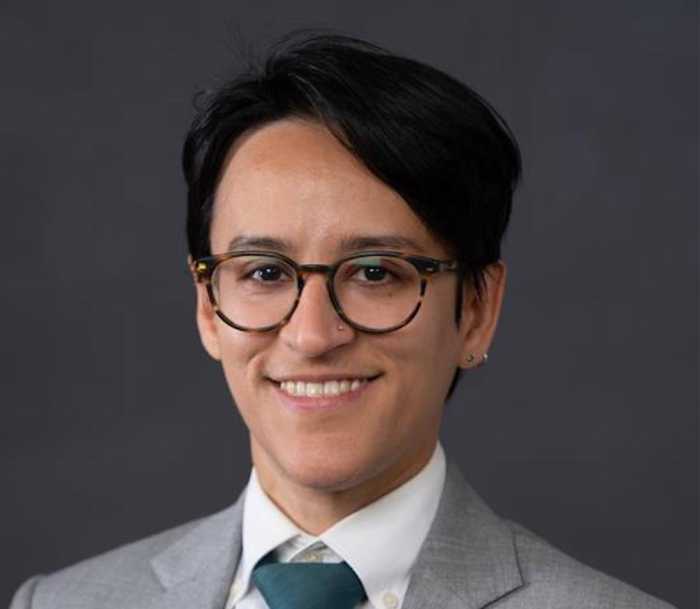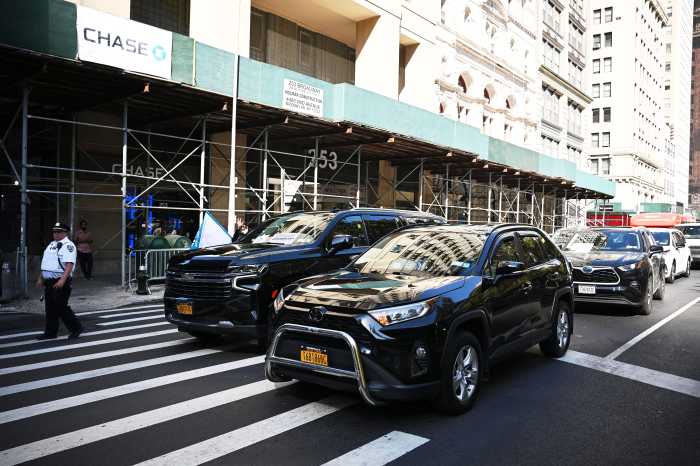It can be difficult to find your people in this world — the people who understand all facets of your identity and support you in them. I grew up in the South as a Black kid whose grandmother would take him to church and with a mom who sent him to a Christian elementary school so that he would have a chance to “get ahead” with his schooling. God and I have been well acquainted from a young age. However, as a 90’s baby, I struggled to make sense of morals vs. the reality of people’s actions around me. I struggled to make sense of religious leaders vilifying people based on who they were, who they were attracted to, and who they loved.
Like so many LGBTQIA+ adults who grew up in the South at a time under vigilance against any behavior not considered “appropriate” for their gender, I’ve struggled to make sense of my identity as a gay man and a person who feels spiritually called to the community of a church. It wasn’t until I moved to New York City and was thousands of miles away from home that I started to deeply re-explore what spirituality and religion were for me.
Tamron Hall inspired me to check out one church a few times. They were a lovely and inclusive group, but my spirit couldn’t quite settle there. As one of my grandmothers battled cancer, I wanted to try somewhere new, so I Googled “LGBTQIA+ inclusive churches + Brooklyn.” At the top of the search was the First Presbyterian Church of Brooklyn.
Was I Presbyterian? No. I was raised Baptist and then non-denominational. Did I know what it meant to be Presbyterian? No, but my grandmother needed prayers, and my spirit needed comforting.
During that first visit, I was blown away. Everyone was so welcoming, and I was amazed at how diverse the church was across races, ages, identities, and family makeups. The choir was vibrant. And during the open call for individual prayers from across the pews, the church was very open to the topics people spoke about into the mic. So, I chose to come back once more. And once more. And once more.
Eventually, my grandmother passed away, and the pandemic hit. New Yorkers sheltered in place in our small homes, but I stayed virtually connected to this church where I felt I wasn’t sacrificing showing up as myself because I saw other people showing up as themselves. They weren’t just doing this from the physical — or virtual — pews, but also in front of the congregation, including leading services and sermons. As the world opened back up and we socially distanced in pews, I became more involved with the LGBTQIA+ fellowship group.
There were people like me in that we all had a relationship with faith and queer identity, but also unlike me in that we spanned so many walks of life. One thought kept coming back to me: If you want the church to be young and queer, you have to be a part of welcoming in more young and queer people. We can’t ask for what we aren’t willing to work for ourselves.
Each year, our LGBTQIA+ fellowship group walks in the Brooklyn Pride Parade together, and it’s becoming an annual reflection point for me — who I was, how I’m evolving, and who is around me. As we prepared for Brooklyn Pride this year and a week of activities, I noticed a new chapter of queer folks cropping up to volunteer and take the lead on different activities. Many of us were familiar with each other, but Pride was bringing us together more. We opened up about our jobs and dating. We started having inside jokes. We all started stepping into vulnerability with each other. Then, on the day of the annual parade, I saw new people joining us for the first time.
I felt a sense of awe at how the community was clicking for me in a way it hadn’t before.
It’s been five years with this church, a global pandemic, and three years going to Brooklyn Pride with this eclectic interchanging crew. We all found our way to this 200-year-old church in Brooklyn and are bonded by faith and a desire to be our whole selves in community with others who relate to us in a way that others might not. With time, I’ve learned that unlocking a sustained feeling of community comes down to at least three things: faith, showing up, and consistency.
Finding queer community isn’t a destination. Finding queer community is an ongoing journey.

